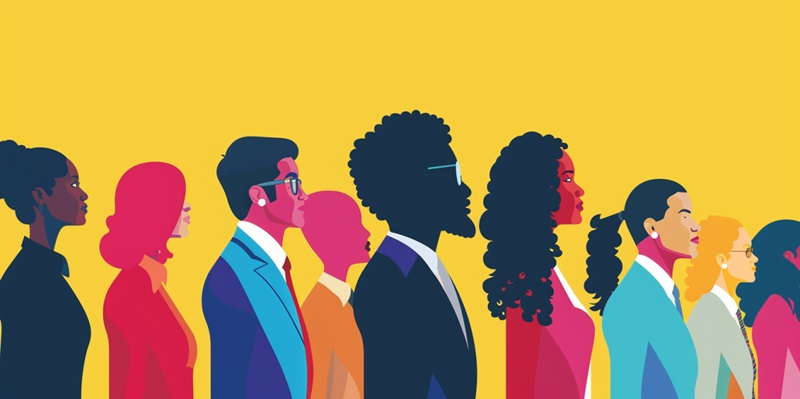Achieving gender equality in the global labor market is a battle still being waged. A ManpowerGroup report reveals that only 25% of employers worldwide can claim gender parity in areas such as salary, career advancement, and leadership training. Notably, the Finance and Real Estate sectors are slightly ahead, with 59% noting strides towards equitable pay. Yet, the overall picture shows a significant divide, particularly in terms of promotion frequency and general job opportunities between genders.
The journey to workforce equality is hindered by enduring obstacles. Despite certain industries making incremental improvements, the greater landscape is tarnished by an enduring inequity in opportunities for women compared to men, signaling that the road to true parity remains long and challenging. This disparity underscores the need for continued efforts and focused attention on closing the gaps in all aspects of employment to foster an environment where gender balance is not an exception but the norm.
Regional Efforts and Disparities
Latin America appears as a beacon of progress in the regional race toward gender equality with a 71% positive response rate. This is a stark contrast to other regions that struggle to match such strides. However, the silver lining does not extend to promotions, where a noticeable disparity lingers; for every 100 men who move from entry-level positions to managerial roles, only 87 women ascend alongside them. This is despite clear aspirations among women, with a resounding 80% expressing ambition to climb the professional ladder.
The Flexibility Factor
One pivotal factor in the journey toward gender equality is the adoption of flexible work policies. These are not merely seen as modern perks but essential ingredients in attracting and retaining a diverse workforce. ManpowerGroup’s findings reveal that 37% of employers consider such arrangements crucial, while a significant 60% of women would consider leaving their current roles for increased flexibility. What is emerging is a clear message from women in the workforce – the ability to balance work with other life responsibilities is no longer negotiable, but a baseline expectation. It is imperative, as ManpowerGroup’s Becky Frankiewicz points out, that companies not only embrace flexible working arrangements but also actively upskill, endorse allyship, and employ technology creatively to truly flatten the playing field.

